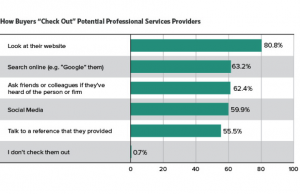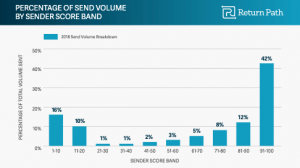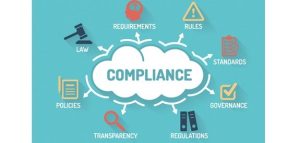Google’s Complex Search Technology Halting Progress For SEOs Amid COVID-19 Crisis
System and program delays have impacted the search industry for months, but seemingly have worsened as Google tries to prioritize projects that assist the U.S. government and healthcare system in the battle against the COVID-19 crisis.
SEO professionals are understanding, but they have seen long delays in resolving issues and implementing programs. They understand the need for Google to help and the complexities of the company’s technology. They also understand that it’s difficult to allocate dwindling resources, but some also admittedly have begun to experience problems that just don’t want to go away.
Google’s shift to support COVID has exacerbated these issues, making it more difficult for SEO professionals to do their jobs — specifically around Google my Business, where the search engine is taking it upon itself to make online changes for businesses that are not.
“It appears that Google is marking nonessential business closed, but they have not made a statement,” said Greg Sterling, VP of market insights at Uberall. “It’s involuntary. They’re doing it manually on their own.”
In an FAQ page, Google states that it “relies on authoritative data sources, where available, to mark certain types of places as “Temporarily Closed” on Google Search and Google Maps.”
This, and other information, suggests this is being done more so in places across California and New York where stay-at-home orders are in place. And it’s being done without the consent of the business owner to make sure the information found on Google’s search engine is accurate and up to date.
When businesses reopen will Google and the information online bounce back quickly or will it take time to un-wrinkle processes? “I don’t think it will be one-hundred percent smooth,” Sterling said. “Like others, once you slowdown the engine” it takes time to get it up to full speed.
There has been confusion and delays related to backend processes and some services. Delays in the requirements for agencies to qualify for the Google Partners certification program were set to take effect in June. Now Google is postponing the changes until 2021.
The shift back, hopefully by June, to support more broadly non-COVID-19 products could be a complete mess, said Andrew Shotland, CEO at LocalSEOGuide.com.
“Automation is great, but it creates complicated systems,” Shotland said. “If there’s bug in one place it stresses the entire system. Complicated technology and misguided communications creates extra work for businesses. It’s not the end of the world, but I need to explain it to my clients.”
Google, for example, released the ability about a week ago to do multiplication Google My Business posts related to COVID-19. Prior businesses could not do simultaneous posts in multiple locations. Google said the posts would last 14 days, but Shotland said posts only last for seven.
“We had a client post a review a couple of weeks ago that has not shown up on our Google My Business page,” wrote A Google My Business community forum member who goes by the name David D 8984. “Will their review eventually show up or should we ask them to re-submit?”
Only recently has Google begun once again to accept reviews. “Yesterday we saw a few reviews go through the system, but Google did acknowledge they’re slowly working toward getting all the reviews up and posted and allowing them to edit their information online more directly,” said Mike Blumenthal, director of local research at GatherUp.
“When you’re using machine learning to make critical business decisions there’s always going to be bumps in the road,” he said. “It’s a statistical representation and that’s how Google rolls because it can be done at scale. Its support staff is overwhelmed. Some will be impacted as we move back to the new normal, maybe 30 or 60 days. It’s a daunting task.”
Google has allocated tremendous resources to assist in fighting COVID-19. If it continues to do so, the problems generated at the outer edges of the algorithms will be resolved in a reasonable time frame, Blumenthal said, adding that historically when the company perceives that it impacts a small percentage of people, it has not allocated the resources to overcome the limits of the technology.
(41)







